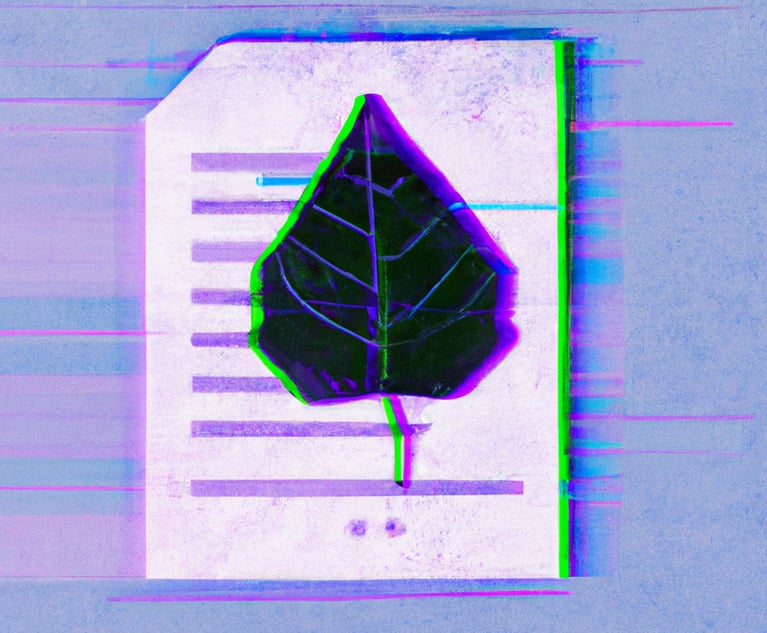 The American judicial system is grounded on the belief that adverse parties should share documents and other information prior to trial. In support of that proposition, each has a duty to identify, locate and preserve information and other evidence that is relevant to a litigation. The purpose is to avoid the intentional or inadvertent destruction (“spoliation”) of relevant evidence that might be used as part of the legal proceeding, such as at trial.
The American judicial system is grounded on the belief that adverse parties should share documents and other information prior to trial. In support of that proposition, each has a duty to identify, locate and preserve information and other evidence that is relevant to a litigation. The purpose is to avoid the intentional or inadvertent destruction (“spoliation”) of relevant evidence that might be used as part of the legal proceeding, such as at trial.
This duty to preserve can arise even before suit is filed or the information is otherwise requested. In 2003, Judge Shira Scheindlin set out the rule for what has become known as a litigation or legal hold.
“Once a party reasonably anticipates litigation, it must suspend its routine document retention/destruction policy and put in place a ‘litigation hold.’”









